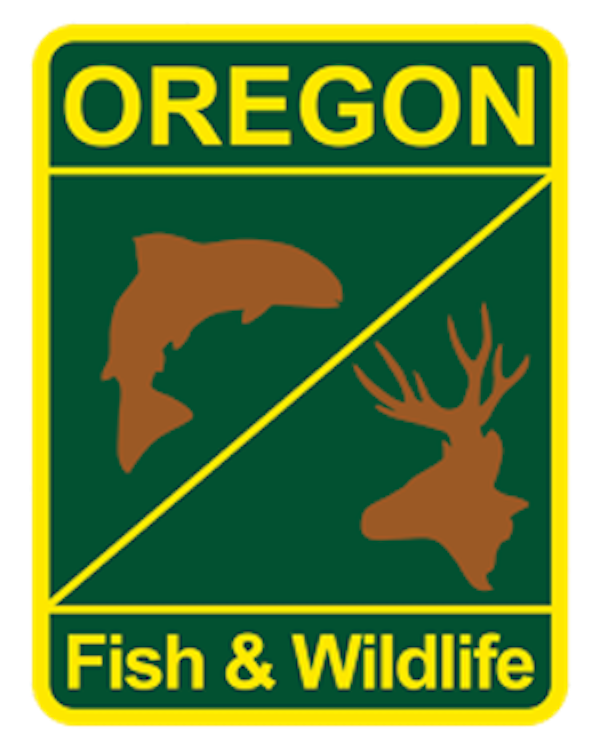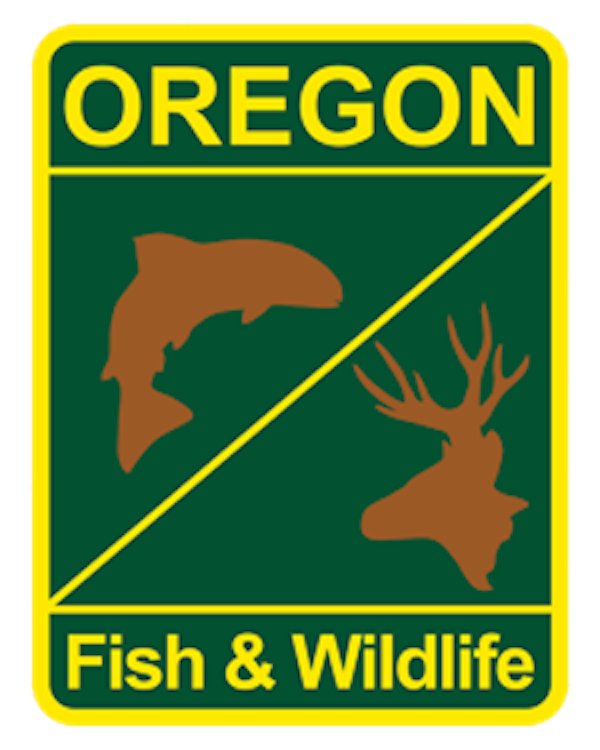Fish Report
Commission further protects sea stars, increases harvest limit of non-native European green crabs

by OR Department of Fish & Wildlife Staff
3-19-2022
Website
SALEM, Ore.—The Fish and Wildlife Commission today voted to change shellfish regulations to prohibit harvest of sea stars and increase the daily bag limit for non-native European green crabs to 35, changes that take effect immediately.
The sea star population along the Pacific coast crashed starting in 2013 due to a die-off from "Sea Star Wasting Disease" that was likely influenced by changes in ocean conditions. The allowable take before today's action was 10 in aggregate along with other marine invertebrates (urchins, shore crabs). While incidental or targeted harvest of sea stars occurs infrequently and is likely not a significant threat to the populations, drastic change in sea star populations in intertidal and subtidal habitats warranted attention and management action. Commercial harvest has not been allowed since 2014.
European green crab were also part of the "other marine invertebrates" daily catch limit of 10in aggregate before today. This crab has rapidly colonized temperate coastlines at several locations around the world where they are an aggressive invader with the potential to disrupt communities of native shellfish (other crab, clams, oysters, etc.). The Commission today voted to increase the daily bag limit to 35 to encourage greater harvest.
More recreational shellfishers are reporting catching green crab and had voiced support for a greater level of harvest to address this growing threat to native shellfish. Crabbers should know that European green crab can exhibit remarkable variation in color but are easily identified by three prominent bumps between their eyes and five spines along the side of their carapace. More information about green crab including how to identify them is available at https://myodfw.com/crabbing-clamming/species/european-green-crab
Some additional regulations for commercial bay clam fisheries, including the requirement for electronic (rather than paper) fish tickets and designation of a harvest area and annual landing cap for the commercial gaper clam dive fishery in Yaquina Bay, were also approved today.
The Commission also took the following actions today:
Access and Habitat (A and ;H): Approved the A and H Board recommendations for funding two projects; appointed Amy Patrick as Chair and reappointed John Breese as the Landowner Representative to the Board. This program provides grants to provide public hunting access or improve wildlife habitat on private land.
Environmental restoration weirs (HB 2298): Adopted rules authorizing voluntary environmental restoration weirs in Eastern Oregon's closed basins (basins that do not flow to the Pacific Ocean). The rules are designed to permit the construction of environmental restoration weirs in qualifying streams, not in streams with healthy native migratory fish populations, and only as large as necessary to cause overbank flooding onto the ancient floodplain during ordinary high flow events. If fish are present in the stream, environmental restoration weirs are required to provide fish passage. If fish are not present in the stream, approved projects are exempt from meeting fish passage requirements.
Indian Creek fish passage waiver: The Commission approved a fish passage waiver for an ODOT culvert at Indian Creek (Hwy 281 MP 0.84 in Hood River County) in exchange for fish passage improvements on Evans Creek which will provide greater benefits to native migratory fish.
The Commission also heard an informational update on this year's planning for ocean salmon fishing seasons (see preliminary management alternatives here). Final decisions on this year's fisheries will not occur until April when the Pacific Fisheries Management Council makes their final decision; the Commission is scheduled to formally adopt Oregon's seasons at their meeting on April 22.
On Thursday, the Commission heard an informational presentation on Oregon's fish passage program, including background on the fish barriers, relevant statutes and rules, legal framework for addressing passage, and opportunities to improve fish passage.
The next Commission meeting is scheduled to be an in-person meeting in Astoria on April 22. More details will be available in the coming weeks.


